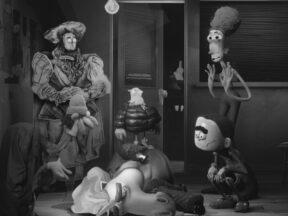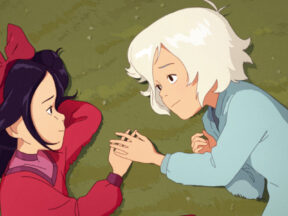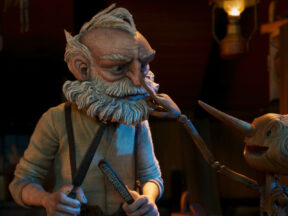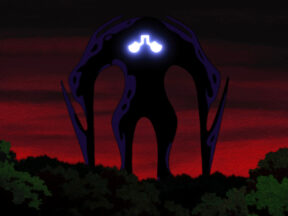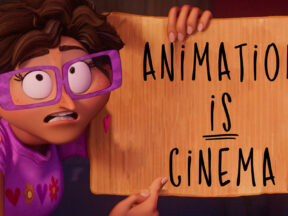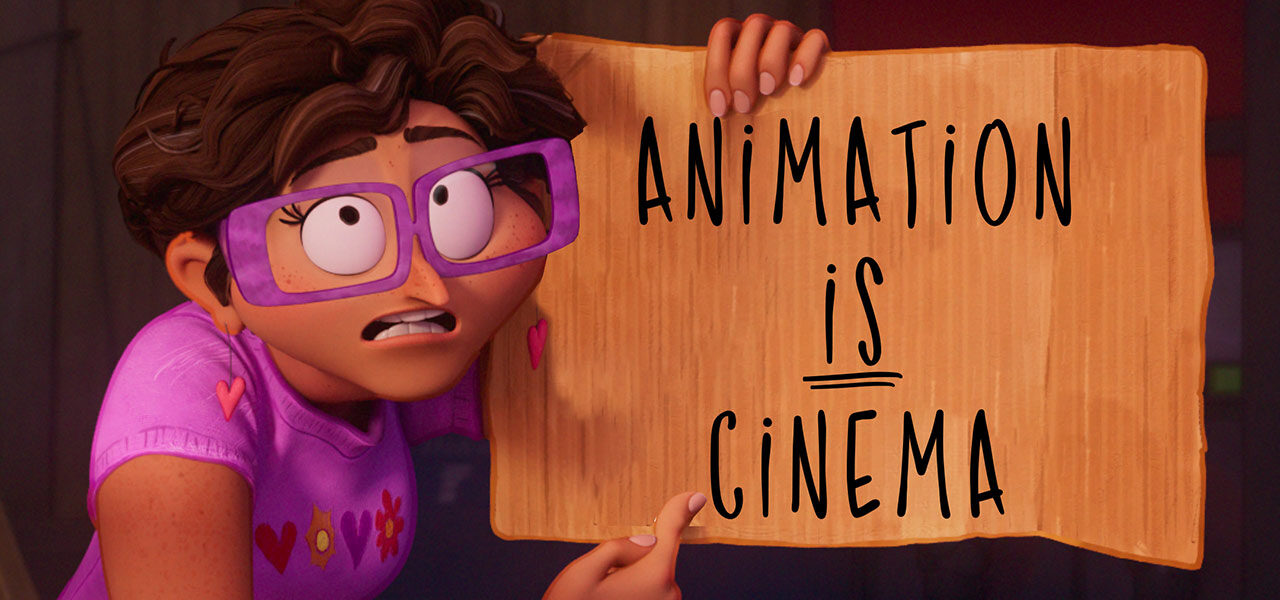
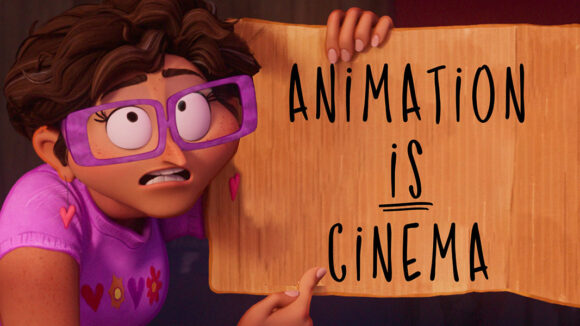
Animation Filmmakers Speak Out About Oscars Disrespect
Animation artists and filmmakers are rarely hesitant to discuss their feelings when it comes to the Academy Awards. Whether they’re willing to do so publicly though is another issue.
This week, Vulture published an engaging, well-investigated feature from writer Eric Vilas-Boas in which he spoke with several key figures in the animation industry – on the record – about where they think the Academy is failing the animation art form. Importantly, Vilas-Boas made sure to include filmmakers from Hollywood and abroad.
The full article (which might be paywalled) is a must-read for anyone interested in the topic. But, if you’ve only got a minute to spare right now, here are a few highlights.
Looked Upon As A Lesser
Several of the people that Vilas-Boas spoke with felt that their work is considered as something less than what’s being done in live action. Sergio Pablos, who developed the idea behind the Despicable Me franchise and founded Klaus production outfit The SPA Studios, explained:
Anybody who works in filmmaking, I feel they’re my peers. I don’t think they look at me the same way… We put as much hard work into our films as any live-action filmmaker, but unfortunately, that’s not how it’s perceived. As long as people consider animation to be something that is not quite filmmaking, whatever system we put in place is not going to be fair.
Beauty and the Beast director Kirk Wise felt similar when his film earned a historic best picture nomination in 1992:
[T]here were those in the awards broadcast who had to be snarky and pooh-poohed the notion of a “cartoon” being included with “real movies.”
It’s Disney’s Award To Lose
Many working in animation feel that an animated feature nomination is the best that they can ever hope to achieve, as the award will just go to whatever Disney’s best film of the year happens to be.
Minnow Mountain co-founder Craig Staggs, which produced Richard Linklater’s Apollo 10 1/2: A Space Age Childhood, said:
Your only question is, ‘Am I going to get to lose to Disney this year?’ Disney wins, and nobody pays attention to your film. And Disney was going to get the attention anyway… More people that have worked for Disney vote on these films through the Academy than any other company. And the second, I think, is Dreamworks, who have won the second most. So it’s a direct result of representation. It goes against the stated spirit of the awards.
Cartoon Saloon co-founder Tomm Moore concurred:
We felt we were in the running with Wolfwalkers, but it’s true — in most cases, the nomination is the prize.
A Medium For Kids
The response to last year’s disastrous animated feature presentation, when animated films were described as kids movies that parents are forced to endure, was immediate and overwhelming, and even elicited a sharp response from directors Chris Miller and Phil Lord.
Looking back, The Book of Life and Maya and the Three creator Jorge Gutierrez remembered:
That was a kick in the balls to the entire animation community. To be told, “Hey, you guys are making movies for kids, and parents are falling asleep: Thank you for making babysitter movies.”
#OscarsSoWhite
Becoming a voting member of the Academy is a career highlight for many filmmakers, but one that Gutierrez says is denied many talented artists due to a strict bar of entry. According to him:
You have to have done two supervisor positions on a theatrical movie. For women and minorities, that is almost impossible historically. They keep going, “Hey, guys, can we invite more women and more minorities into the group?” No one fulfills those requirements.
Veteran animator Nancy Beiman, who worked on numerous major Disney productions including A Goofy Movie, Hercules, and Fantasia 2000, is a rare voice of dissent to the notion that the Academy’s voter base is too homogenized:
You’re talking to an older animator, and I absolutely love independent films and the foreign films. I prefer them to most of the major-studio products. All of the older governors, I believe, are no longer on the board, so they have their younger people. You don’t know how people think.
There are a load of other great quotes and insights in the Vulture piece that we can only hope will expand the discussion in the public sphere about how animation is treated by the Academy, as well as by Hollywood in general.

.png)
